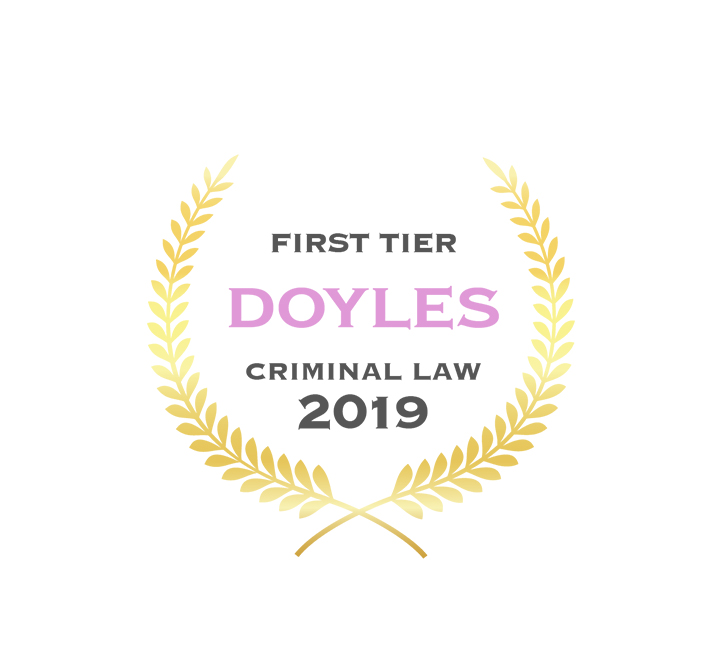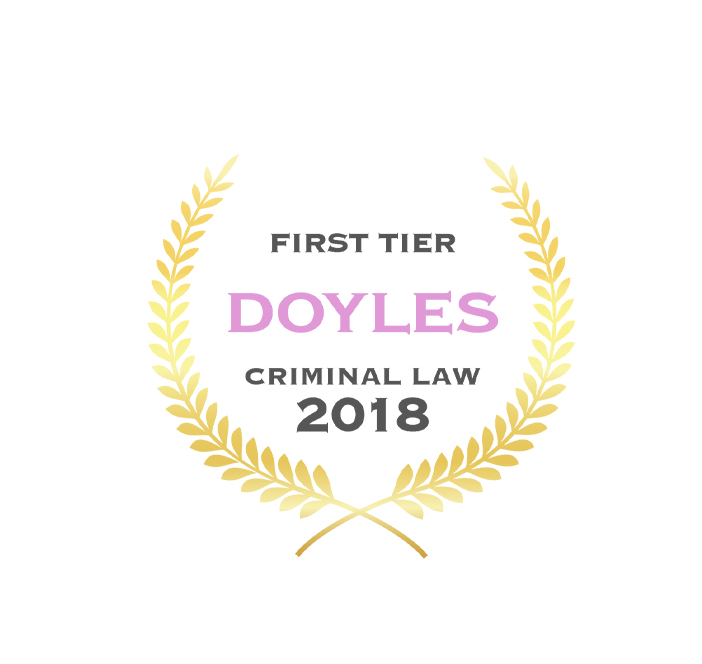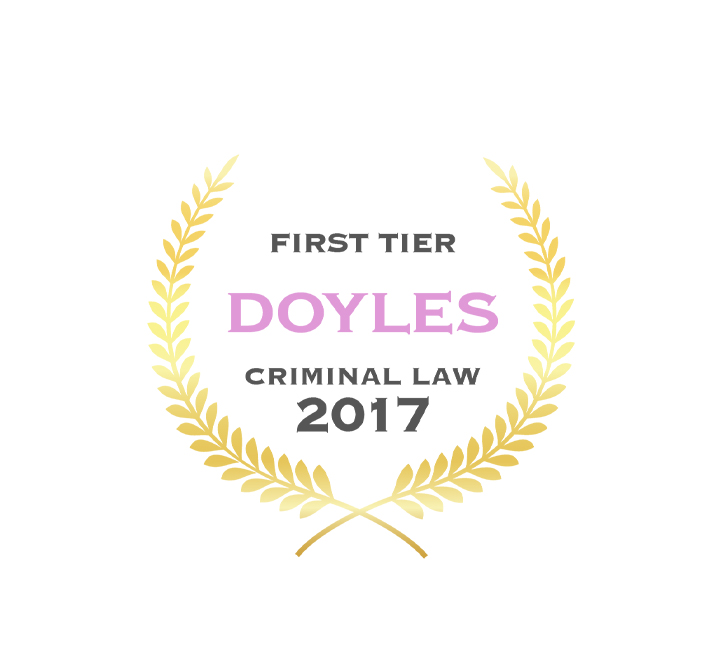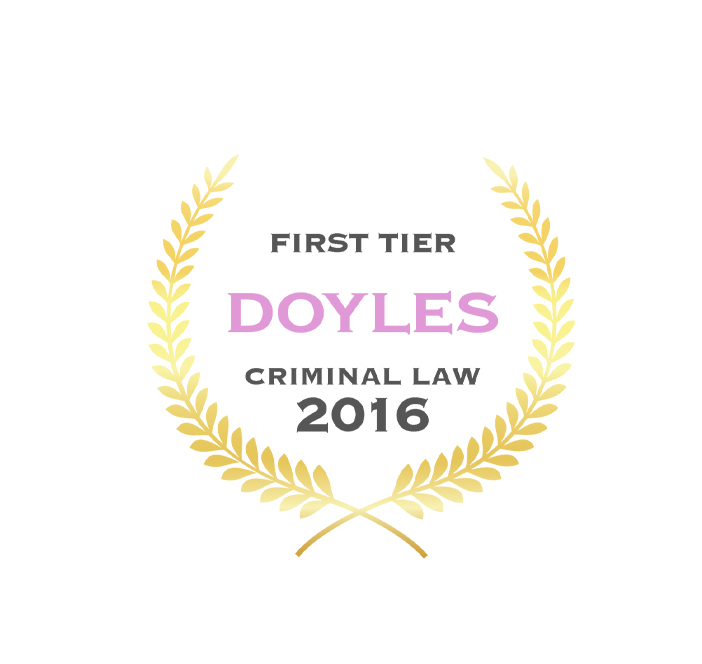Whether you have been arrested or think you may be arrested, the police contact you or you are going to court, it is imperative you get legal advice first.
Consult with Western Australian criminal defence law firm, Porter Scudds first, and get advice on the best course of action for dealing with your offence or possible charges, so that you get the best result in court.
![]() If the police arrest you, the time to speak to us is before you speak to the police.
If the police arrest you, the time to speak to us is before you speak to the police.
You have certain rights that you should know before you talk to the police.
![]() If you are going to court, the time to speak to us is before you first appear in court.
If you are going to court, the time to speak to us is before you first appear in court.
After being arrested and released on bail or remanded to jail, or summonsed by a prosecution notice to attend court, there are specific procedures you must be aware of before you appear in court. If you are going to trial, the prosecutor will be experienced in court, and you should have legal representation.
![]() If you think you may be charged, the time to speak to us is before the police contact you.
If you think you may be charged, the time to speak to us is before the police contact you.
You may be the subject of surveillance or your phones intercepted before they talk to you.
![]() If the police contact you, the time to speak to us is before you meet with them.
If the police contact you, the time to speak to us is before you meet with them.
You have certain rights that you should know before you talk to the police.
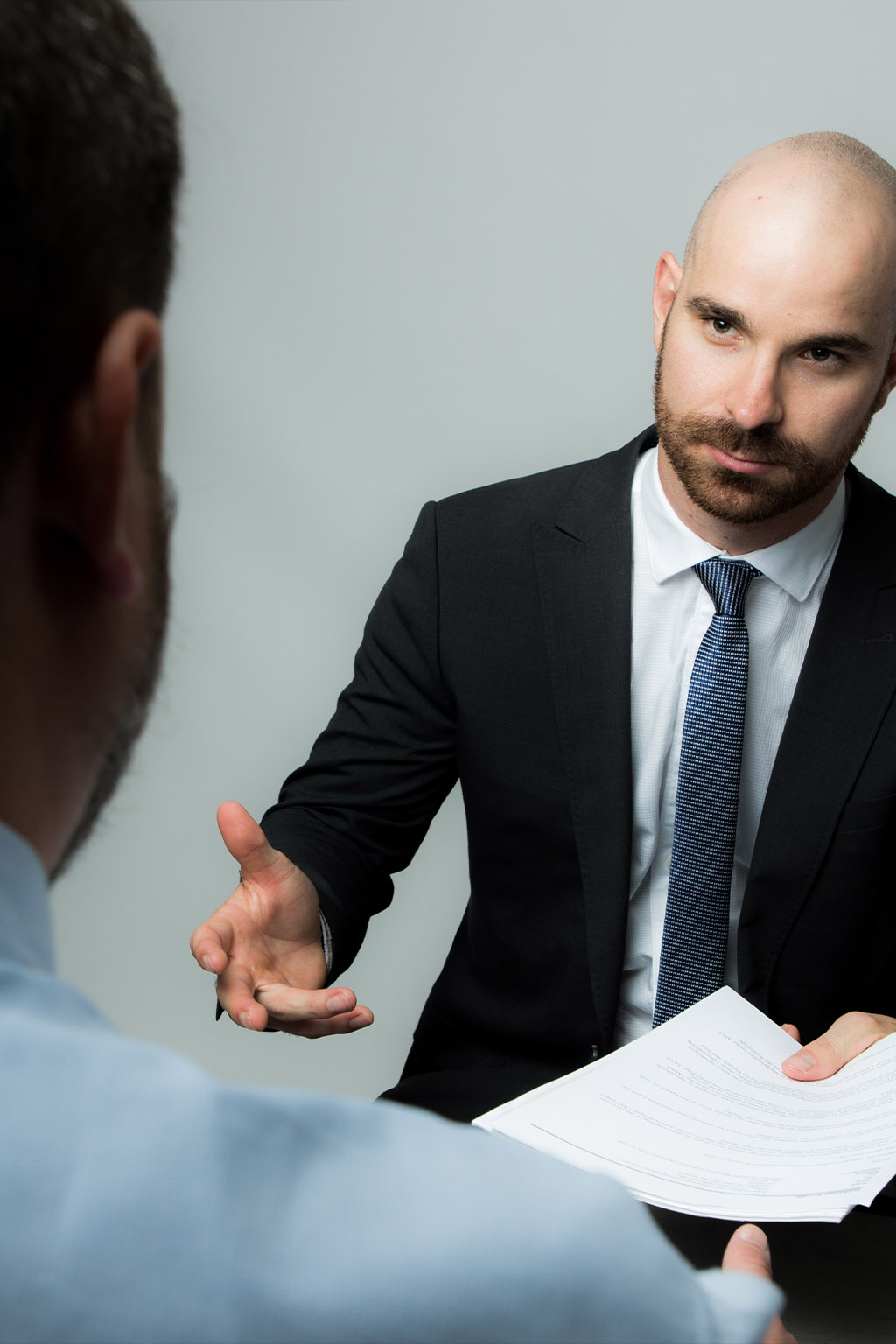
You should get legal advice before talking to the police or appearing in court.
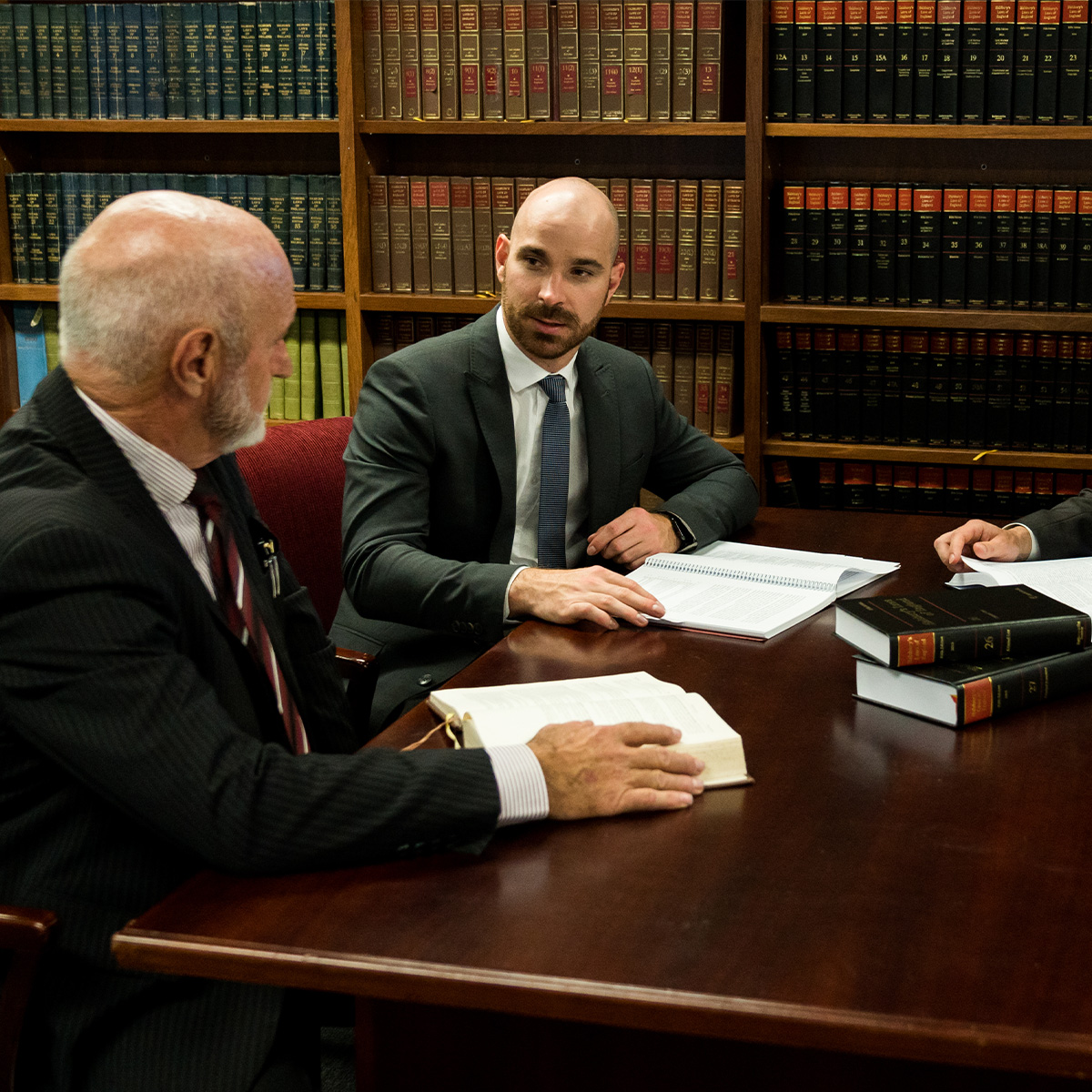
Contact with the police
When contacting the police we will:
- Inform you of your rights before you have contact or speak to the police.
- Provide you with a letter to give to the police outlining your position regarding your rights.
- Inform you of your rights if you are with the police.
- Tell you to never to talk about your case with anyone, on social media or the phone. (The police regularly monitor these sources, including prison cells and calls.)
Preparing for Court
When preparing for Court we will:
- Review the law, be familiar with your case and the evidence against you and provide legal advice.
- Provide you with an analysis of the evidence/charge and advise you on the strength of the evidence against you.
- Obtain detailed information from the police or prosecution about the facts in your case, take your instructions about the case, whether it be for a plea of not guilty or guilty.
- Engage the appropriate expert in such areas as DNA, accounting, and fingerprints.
- Assess your options to progress your matter to achieving the best possible outcome for you.
- Liaise and speak to the police/DPP to best progress your case for the best outcome for you, whether it be for a withdrawal of the charge, or amending the alleged facts of the offence for a plea of guilty.
- Use modern technology to analyse the evidence.
- For a plea of guilty, obtain your personal history, advise you regarding which references you require for court, and know the law regarding the penalty applicable to your offence/s and if appropriate, provide papers for the judge or magistrate.
- Fully prepare you and your case for court.
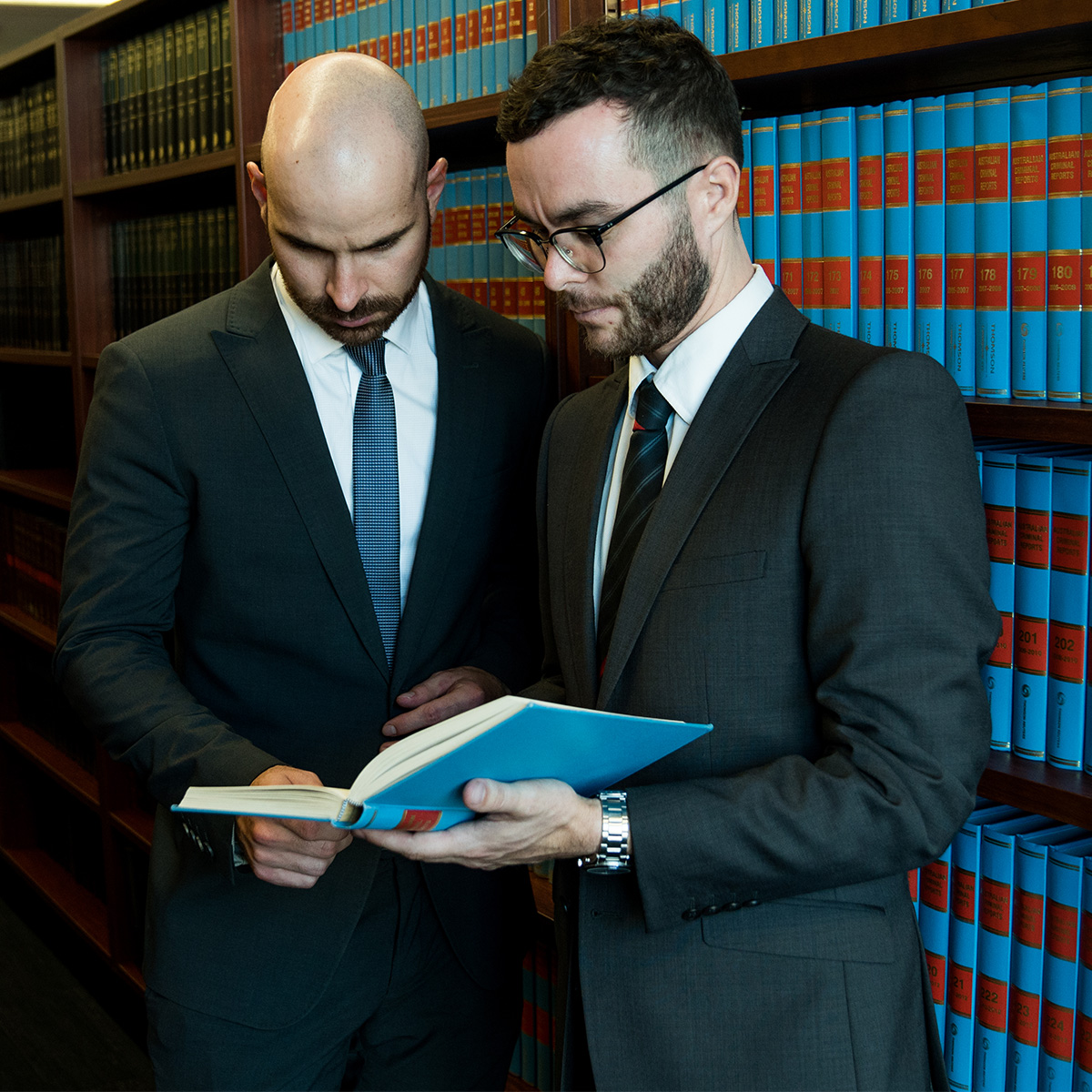

Appearing in Court for your matter
When appearing in Court for your matter we will:
- Appear in court and represent your interests to the highest standard. We are highly experienced advocates.
- Fight for your right to a fair and just hearing. We know the court procedures and legal backgrounds of the judicial officers hearing your case.
- Critically analyse the evidence being given against you.
- Where necessary, use modern technology to advance your case.
- Advocate for you in court.

 (08) 9430 4222
(08) 9430 4222 
